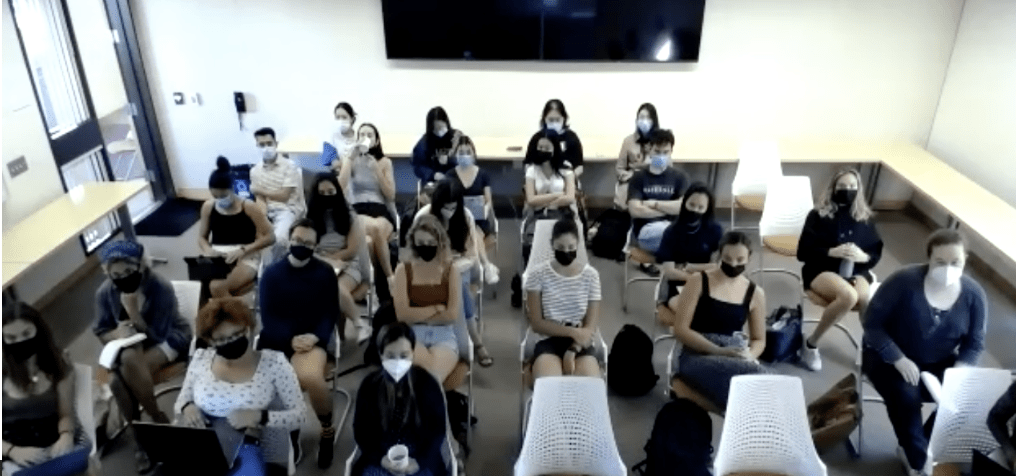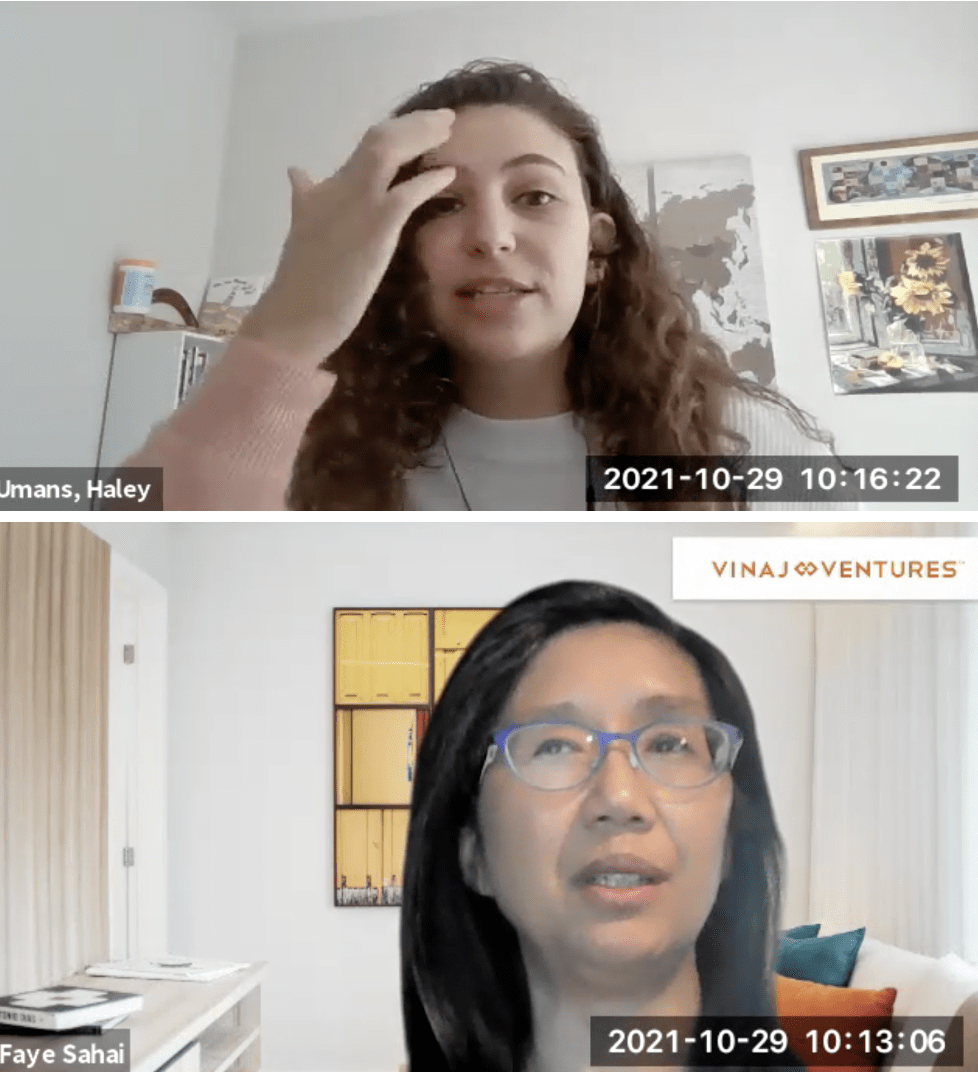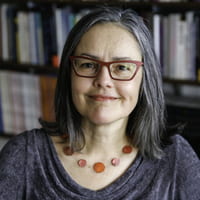On October 29th, 2021, the Berger Institute for Individual and Social Development, hosted three panelists who pursued non-traditional career paths after earning degrees in Psychology: Faye Sahai, Haley Umans, and Matt Wallaert. Ms. Sahai is now a partner at Mirai Global, Managing Director at Vinaj Ventures, and an Advisory Board member for the Berger Institute. Ms. Umans is a PhD candidate at Claremont Graduate University and the Director of Evaluations at LA’s BEST. Finally, Mr. Wallaert is the Head of Behavioral Science at frog, a consultancy firm specializing in designing and building experiences, products and businesses.
Each speaker had valuable advice for students, and they elaborated on how psychology is an important part of their professional roles even though they are not directly working in academic or clinical psychology fields. Each speaker took a unique journey to arrive where they are now in their careers. Ms. Umans described how she chose the field of program evaluations because she felt that it opened a lot of doors for her, and that she could pursue many different directions with the experience. After realizing that she enjoyed research and working with children, she found that doing evaluations of programs designed for children gave her the perfect balance between research and community engagement.
Mr. Wallaert continued on a more traditional academic path by continuing to study psychology in graduate school, but he left that path to become one of the pioneers of the field of behavioral science. Working in the field of technology, his training in psychology and human behavior has been especially helpful in the field of technology. Mr. Wallaert described how the focus of his work differs from that of academics. For example, rather than wondering if a p-value is significant, he says, his work is concerned with understanding how technology design may impact the risk to return ratio.
Ms. Sahai explored many different careers and companies before finding her passion in venture capital where she is now. She explored traditional consulting and non-profit work, and utilized every skill she learned in each position as she continued through her career path. Ms. Sahai also highlighted the importance of understanding behavioral science in her work, explaining how it shapes many of her decisions on the job.
Attendees gained useful insights from the panelists, and expressed gratitude for the opportunity to hear their stories.
Follow @bergerinstitute on Facebook and Instagram for future updates on events!





